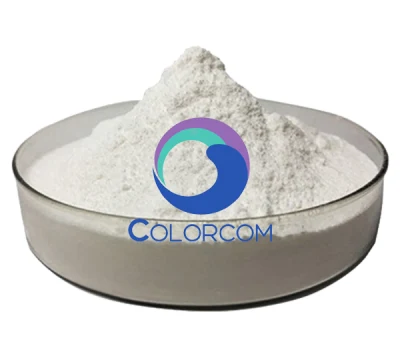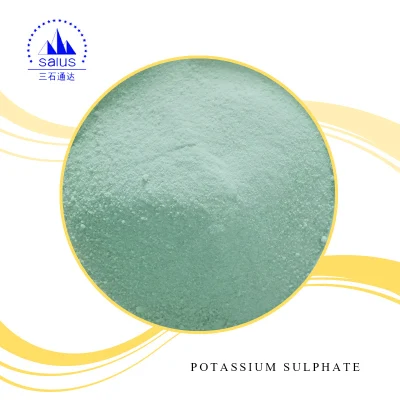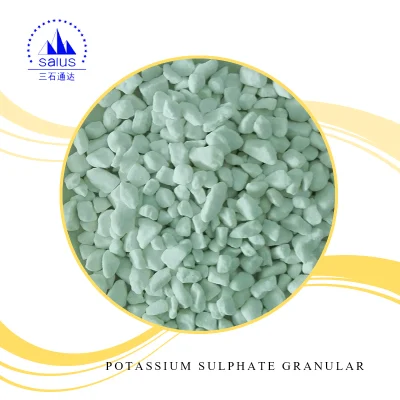
Boqu Digital Ca2+ Capteur d'ions calcium pour installation de tuyaux, Ca2+, No3
Aperçu Le compteur d'ions industriel en ligne PFG-3085 est le dernier instrument haut de gamme basé sur un micro-ordina
Envoyez votre demandeDESCRIPTION
OverviewInformations de base.
| Ion potassium | 0,02-1 000 ppm (mg/l) |
| Pouvoir | 90 ~ 260 VCA |
| Ions nitrates | 0,02-1 000 ppm (mg/l) |
| Signal | 4-20mA |
| Relais | 3 relais |
| Communication | Modbus RS485 |
| Ions Calcium | 0,02-1 000 ppm (mg/l) |
| Ion chlorure | 0,02-1 000 ppm (mg/l) |
| Ion fluorure | 0,02-1 000 ppm (mg/l) |
| Ion ammoniac | 0,02-1 000 ppm (mg/l) |
| Nom | Analyseur d'ions en ligne Pfg-3085 |
| Forfait Transport | Forfait Qualité pour le Transport International |
| spécification | Production d'instruments BOQU supérieure à 100 000 pièces/an |
| Marque déposée | BOQU |
| Origine | Chine |
| Code SH | 9027809990 |
| Capacité de production | 100 000 pièces/an |
Description du produit
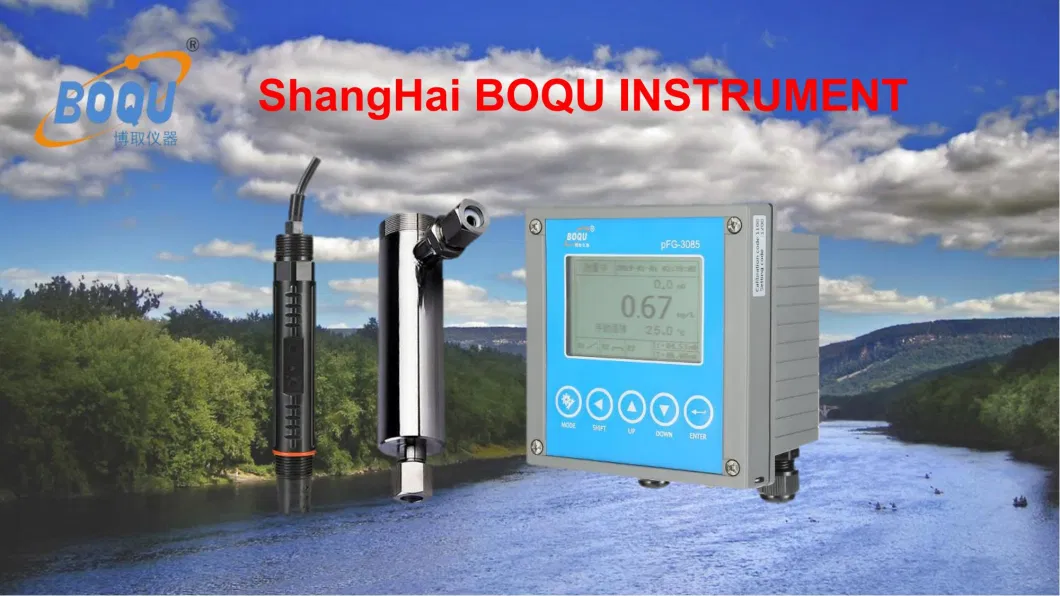
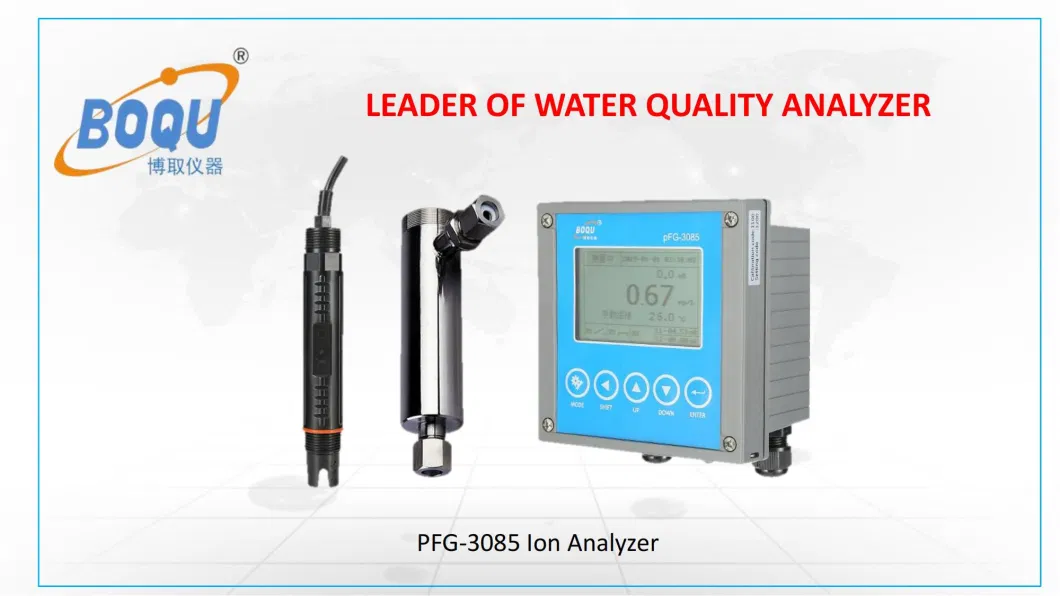
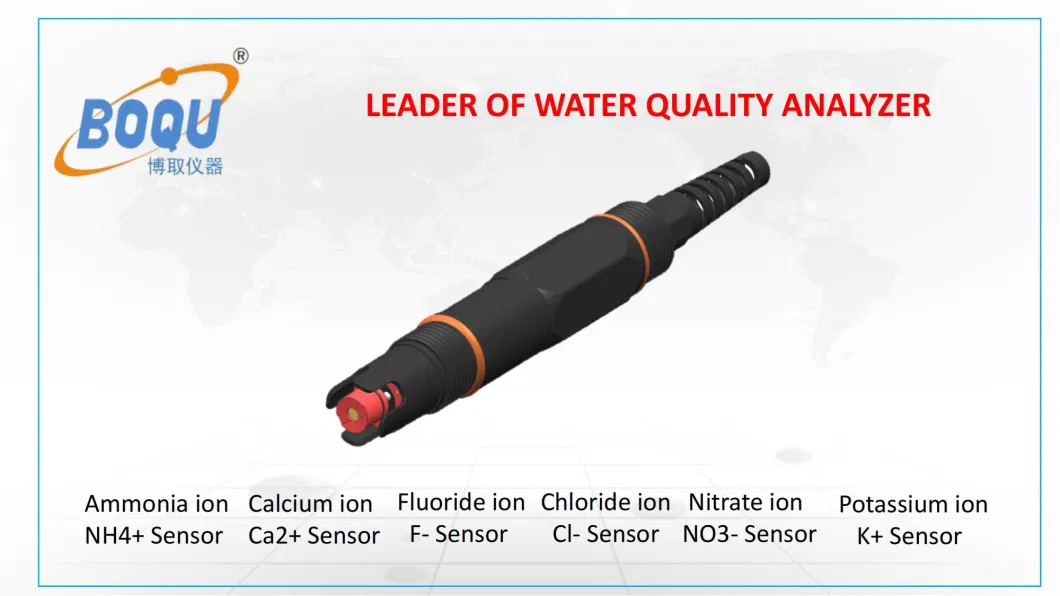

Produits connexes Engrais NPK soluble dans l'eau de haute qualité 19 Engrais chimique 99,4 % de nitrate de potassium Kno3 (qualité industrielle ou engrais) CAS 7757 Engrais potassique Engrais sulfate de potassium CAS 7778 Kit de test indépendant pour tester pH, Kh, Gh, No2, No3, Nh9/Nh4, Po4, Cl, Fe, Ca, Cu, O2, CO2.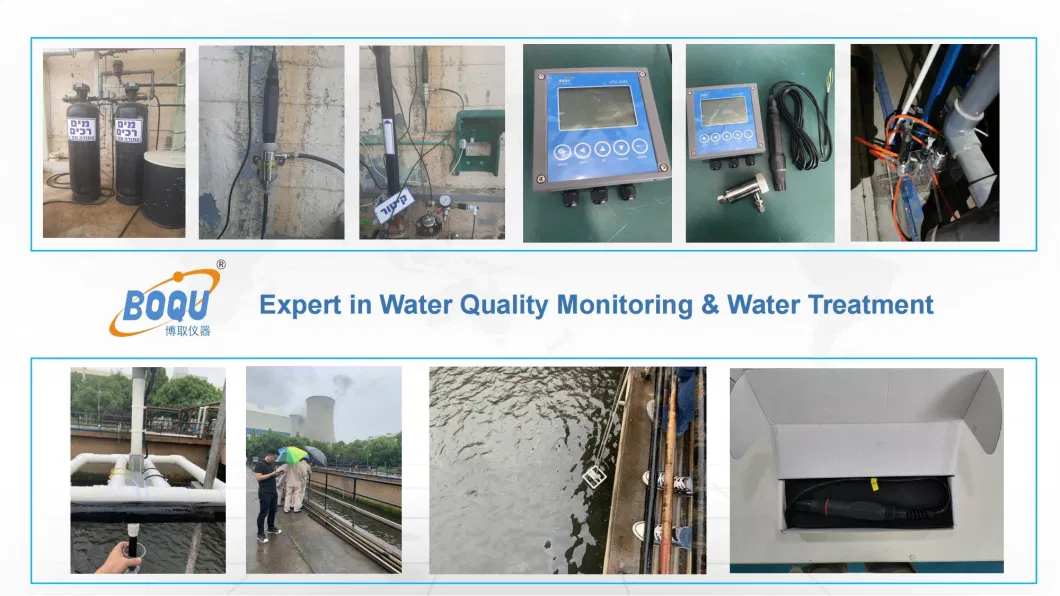
ISEs are not ion-specific. All are sensitive to some other ions to some extent. For many applications these interferences are insignificant (unless there is a high ratio of interfering ion to primary ion) and can often be ignored. In some extreme cases, however, the electrode is far more sensitive to the interfering ion than to the primary ion and can only be used if the interfering ion is only present in trace quantities or even completely absent. The ability of an ion-selective electrode to distinguish between different ions in the same solution is expressed as the Selectivity Coefficient. If the primary ion for which the electrode is sensitive is A and the interfering ion is B then a selectivity coefficient of 0.1 would mean that the electrode is ten times more sensitive to A than to B. If the coefficient is 1 then the electrode is equally sensitive to both.


